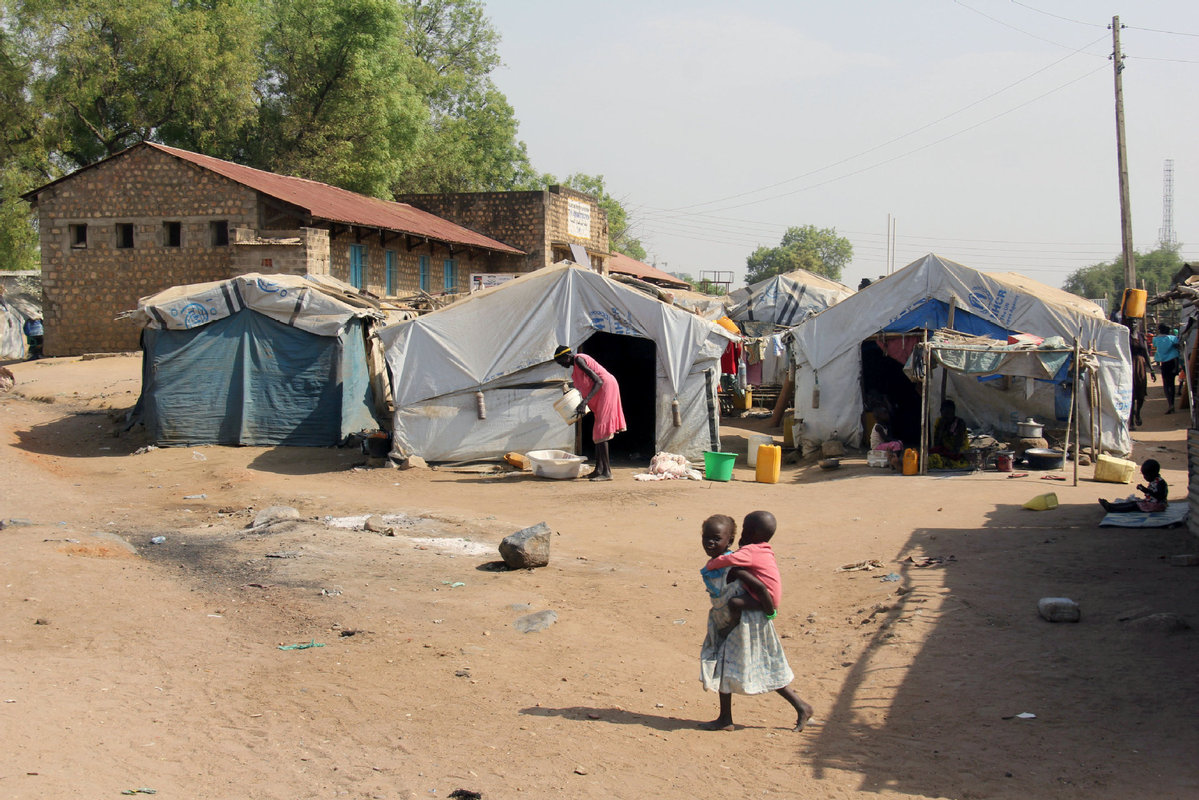Relief agencies decry increased attacks on workers in South Sudan


JUBA -- Relief agencies in South Sudan on Saturday condemned increased attacks on humanitarian workers in the war-torn nation.
The agencies under South Sudan NGO Forum which comprises both local and international organizations also called for safe release of ten aid workers who went missing outside Yei town in Central Equatoria region on Wednesday.
"The NGO community is deeply concerned about these heinous acts and calls for the immediate release of the ten humanitarian colleagues and their safe return to their families," said the agencies.
The organizations which included Plan International, South Sudanese Development Organization, (SSDO), ACROSS and Action Africa Help (AAH) called for an end to increased attacks on humanitarian workers in the country.
"In order to prevent the already dire conditions deteriorating, aid workers must be facilitated to deliver humanitarian assistance safely and without any threat or risk to their lives," said the agencies.
The statement comes after the UN peacekeeping mission said surging violence in parts of South Sudan is putting thousands of war-weary civilians at risk and endangering the fragile peace process in the world's youngest nation.
According to the UN, such hostilities have forced the relocation of several humanitarian workers resulting in disruption of aid services.
The agencies said the missing of ten aid workers is the latest in a series of incidents directly targeting aid workers in the last two weeks.
"NGOs condemn all forms of attack against humanitarian aid workers and appeal to parties to the conflict to not lose sight of those most affected by the ongoing crisis in South Sudan including vulnerable women, children and elderly people," said the agencies.
"All parties must support the efforts of humanitarian aid workers to save lives and alleviate suffering for dignified human beings in the world's youngest nation."
According to South Sudan Humanitarian Response plan for 2018, 4 million people have been displaced since the conflict broke out in 2013, including 1.9 million internally displaced people, with over 85 percent estimated to be women and children.
The Integrated Food Security Phase Classification (IPC) projected that in the absence of humanitarian assistance in May-July, an estimated 7.1 million people (63 percent of the population) will face food crisis or worse acute food insecurity.































